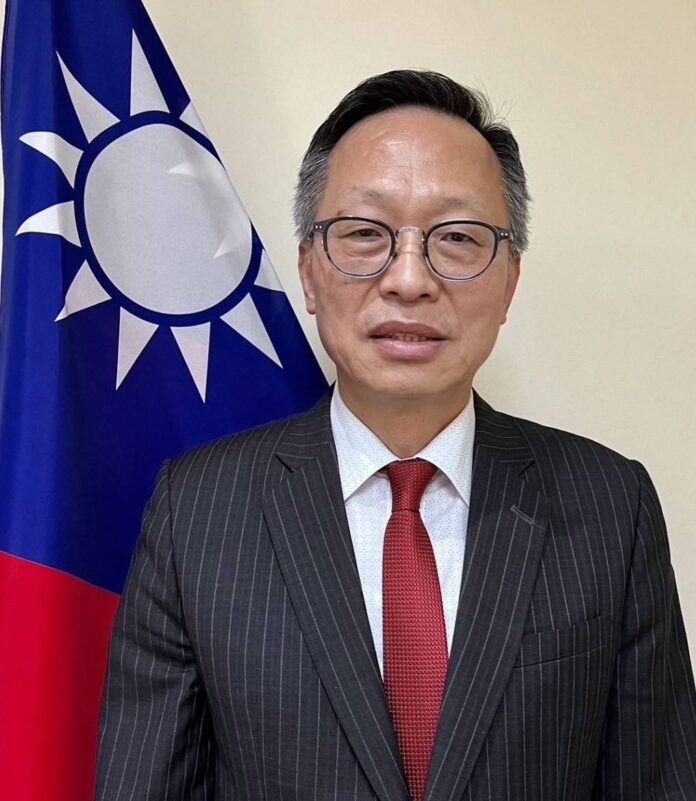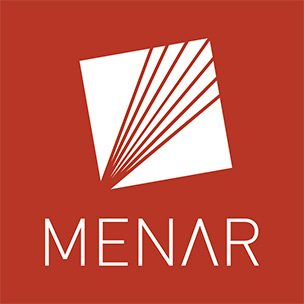By Oliver Liao
Representative, Taipei Liaison Office in the RSA
The COVID-19 pandemic highlighted a universal truth: health challenges know no borders, and access to health is a fundamental human right. All nations, including Taiwan, should have the right to participate equally in global health systems. With a population of 23.5 million, a vibrant democracy, and a strong healthcare infrastructure, Taiwan continues to be excluded from the World Health Organization (WHO). This exclusion not only prevents Taiwan from contributing meaningfully to global health but also runs counter to WHO’s core principle of “Health for All.”
The WHO’s founding charter affirms that “the enjoyment of the highest attainable standard of health is one of the fundamental rights of every human being.” Excluding Taiwan from the World Health Assembly (WHA) violates this principle and denies the world a capable and reliable partner in strengthening global health resilience. Allowing political interference to override the WHA’s mission undermines international health cooperation and compromises the credibility of the WHO as a neutral, science-based institution.
Taiwan brings decades of public health expertise and a proven track record of contributions. Its National Health Insurance system, celebrating its 30th anniversary, covers 99.9% of the population and has ranked among the top in global health indices for seven consecutive years. Taiwan also leads in integrating artificial intelligence and digital innovation into smart healthcare, with cutting-edge achievements in telemedicine and AI-assisted diagnostics. For example, AI tools developed in Taiwan are helping physicians detect cancer more effectively, while telehealth services are expanding access to care in rural communities.
Taiwan has not only excelled at home but also actively shared its expertise abroad. During the COVID-19 pandemic, it provided timely and essential assistance to countries, including South Africa, in need. Taiwan also supported Malawi’s efforts to control the HIV/AIDS epidemic and helped São Tomé and Príncipe in malaria prevention—contributions that exemplify its commitment to global health equity and security.
Unfortunately, Taiwan’s participation in the WHO has long been blocked due to the People’s Republic of China’s misinterpretation of UN General Assembly Resolution 2758. This resolution neither mentions Taiwan nor authorizes the PRC to represent the people of Taiwan. It does not state that Taiwan is part of China, nor does it bar Taiwan from participating in the WHO. Yet China continues to misuse it as a justification to exclude Taiwan from the WHA and WHO. The truth remains: only Taiwan can represent its people in global health institutions.
Taiwan is deeply grateful to countries such as France, Australia, the United Kingdom, Canada, the Czech Republic, Germany, Japan, Lithuania, and others whose representatives in Taiwan have issued joint statements in support of Taiwan’s inclusion in the WHA. The United States and other like-minded democracies have also reaffirmed their consistent support for Taiwan’s meaningful participation. We encourage South Africa—an admired champion of democracy in Africa—to join this growing coalition and support Taiwan’s engagement in international health affairs.
As the WHA convenes, we urge the international community to set aside political agendas and prioritize the well-being of people. Taiwan stands ready to share its expertise, learn from others, and work together to advance global health. In the spirit of “Health for All,” we extend our sincere appreciation to the South African medical community for supporting Taiwan’s participation in the WHA and the WHO Pandemic Agreement. Restoring Taiwan’s access to the WHA is a vital step toward depoliticizing global health governance. It sends a clear message: basic human rights and safety must come before politics. The WHO must stay true to its founding values—starting with one simple yet powerful step: giving Taiwan a seat at the table.



